Energy minister Gwede Mantashe has berated Shell and BP for their decision to pause operations at their South African Petroleum Refineries (Sapref) and consider selling the facility.
During Tuesday’s debate on the 2022 state of the nation address, Mantashe said the decision threatened South Africa’s plans to establish an upstream petroleum industry to support economic growth and meet energy needs.
Highlighting the importance of securing fuel stocks, Mantashe warned the developments between Western countries and the Russian Federation in the Ukraine matter could send fuel prices surging, negatively affecting local consumers and transport users.
In light of this, he called the resistance against oil exploration by Shell and ENI on South Africa’s coast “ill-informed clamour”.
Environmental groups managed to secure court interdicts against both companies carrying out seismic surveys in the country’s waters.
“Both have since discovered oil in Namibia and Ivory Coast after being booted out by environmental lobbies,” Mantashe stated.
But while Mantashe supported Shell for its interest in the country’s potential oil deposits, he came out swinging against Shell Downstream South Africa and BP South Africa for their decision to pause operations at Sapref by the end of March 2022.
Shell and BP have claimed they cannot invest further in the facility.
Sapref is the biggest crude oil refinery in South Africa, accounting for 35% of the country’s capacity.
The companies attempted to reassure security of supply through existing assets and trading arrangements, suggesting they would import more petrol.
Mantashe said the “greed and arrogance” of “certain petroleum entities” that want to shut local refineries and import their product would cause job losses, cost the economy dearly, and lead to uncertainty of supply.
Mantashe said the government was taking “drastic measures” regarding the planned closure of the refinery for the country’s national and economic security. However, he did not explain what these measures were.

The minister remained adamant in his defence of coal, gas, and nuclear, citing two specific pieces of support for the government’s Just Energy Transition requiring reliance on these power sources.
“Energy security is critical for economic reconstruction and recovery, particularly for a developing economy like ours, that seeks to industrialise,” Mantashe stated.
“An economist Chris Hart cautioned that shutting down coal-fired power stations ‘will mean costlier electricity, fewer jobs and a country with a quasi-third-world economy being relegated to the fourth-world division’,” Mantashe said.
The minister also leaned on the opinion of former IRR CEO John Kane-Berman, who asserted that Mantashe was right and the DA was wrong when it came to South Africa’s nuclear and coal contributions.
Kane-Berman had labelled the DA’s Kevin Mileham as “out of touch” regarding the transition to renewable energy.
“Hence our support for a just transition instead of a pendulum swing from coal to renewables that is unworkable,” Mantashe said.
Net-zero emissions only coming in decades
Mantashe alleged lobbyists with “unspecified incentives” wanted to entice South Africa to jettison its current energy sources overnight.
“Doing so is detrimental to our economy, our industrialisation, and our global competitiveness,” he stated.
“Notably, in Glasgow, developed and developing countries committed phasing down to net-zero emissions in 2050, 2060 and even 2070.”
“Critically, every one of the industrialised countries continues to use fossil fuels, in the form of coal and gas.”
He warned the country should not subject itself to be a guinea pig for costly technologies by developed economies.


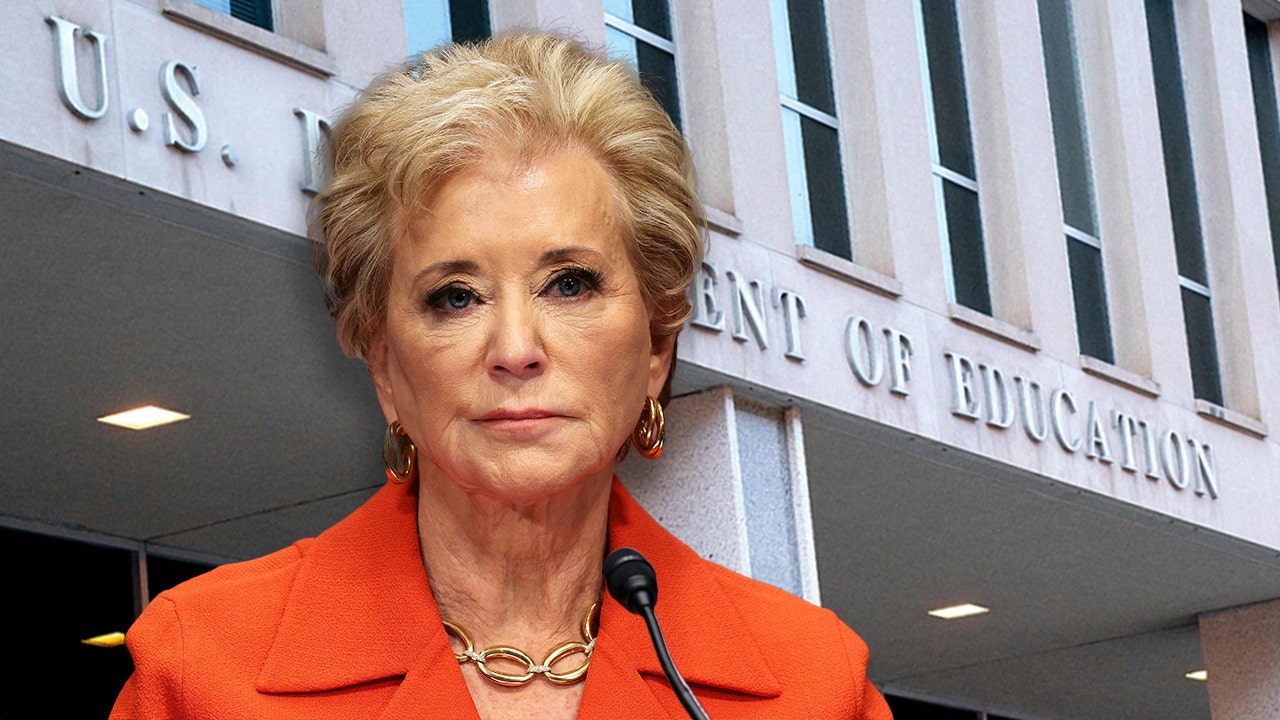


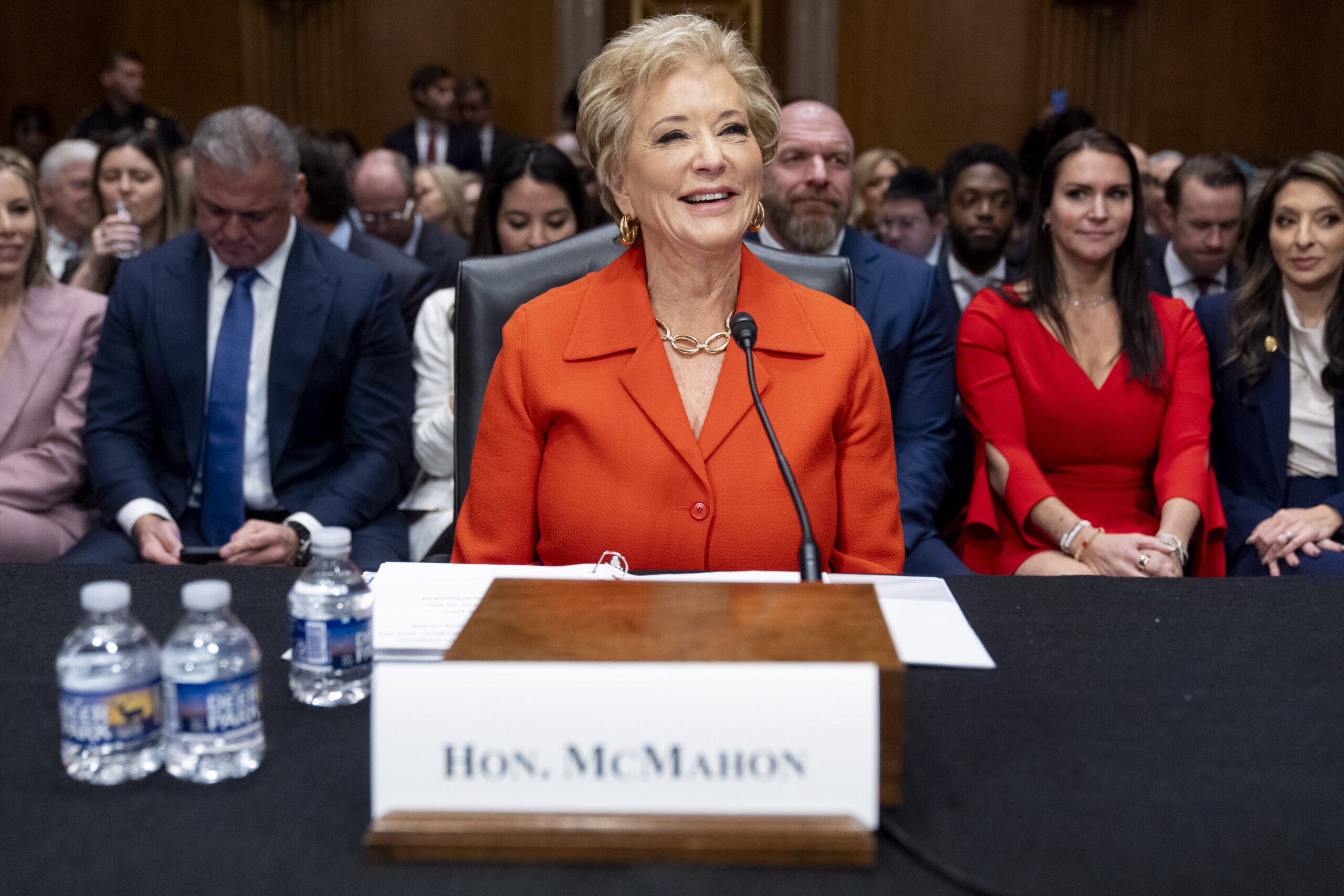


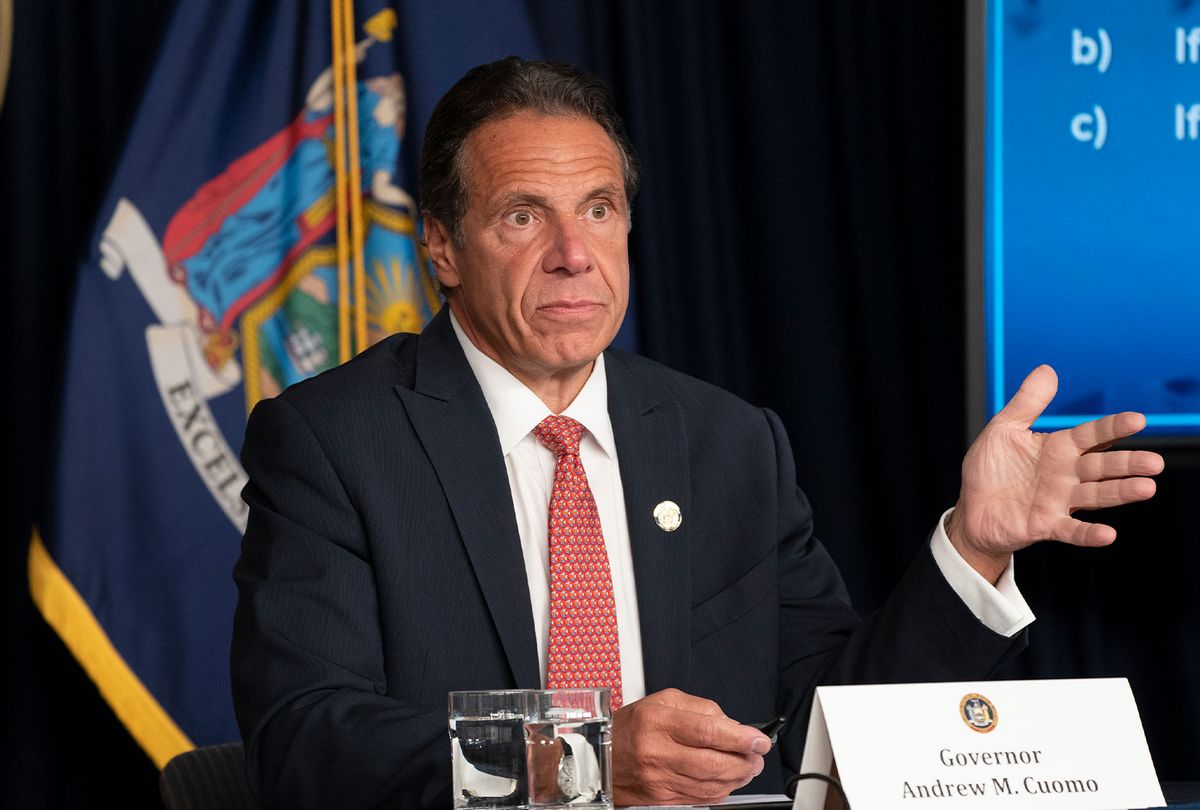




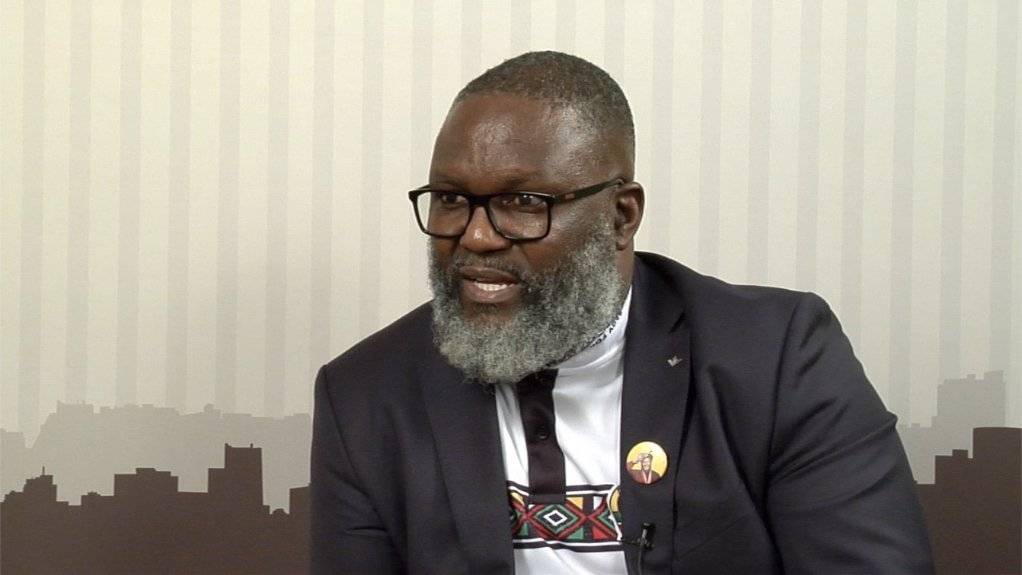


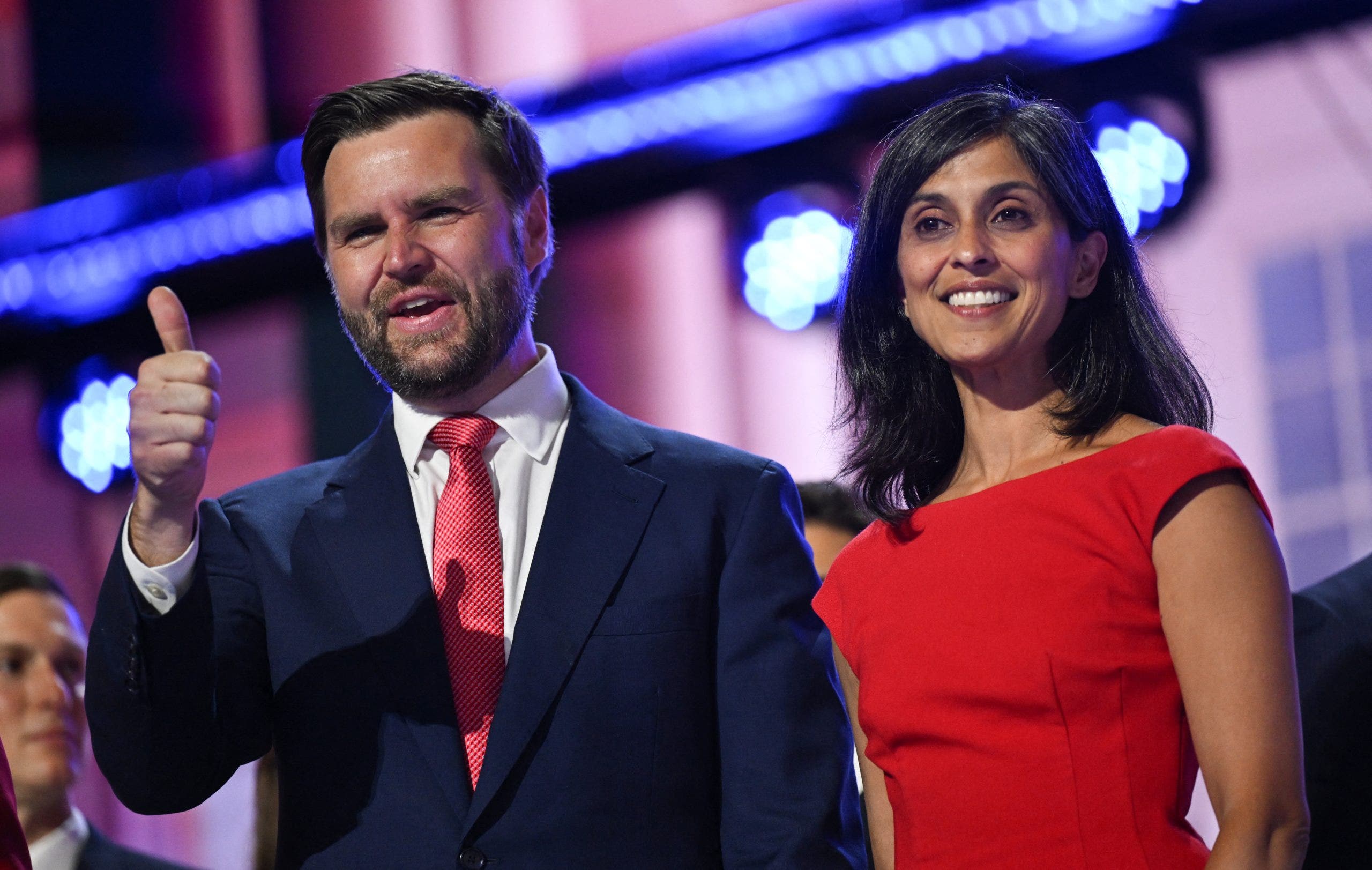

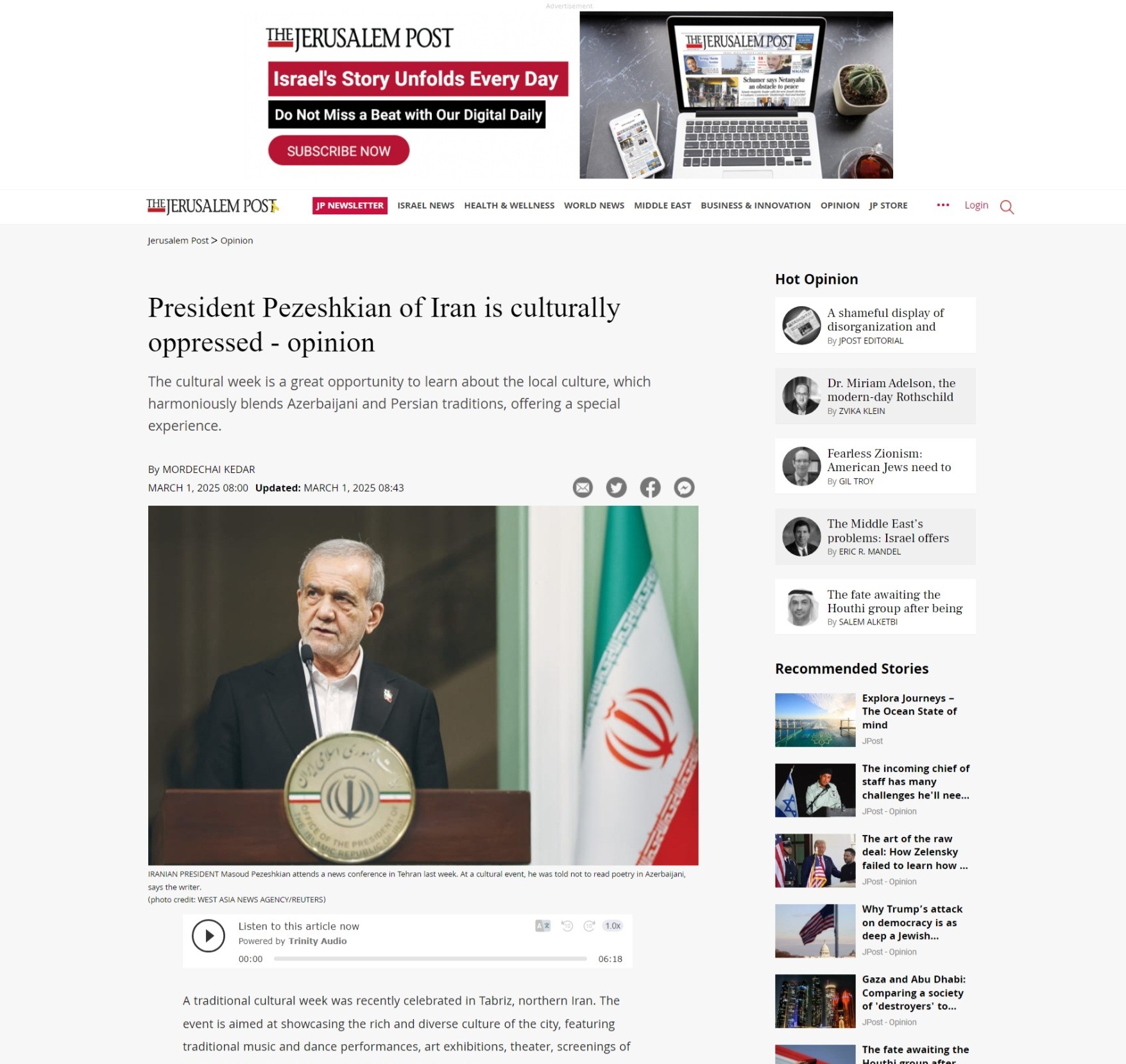


Discussion about this post